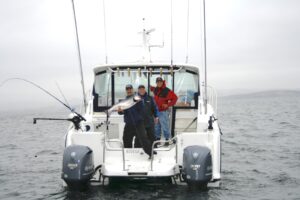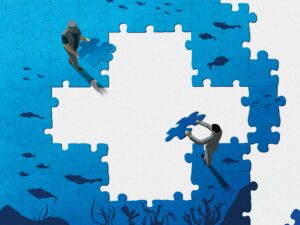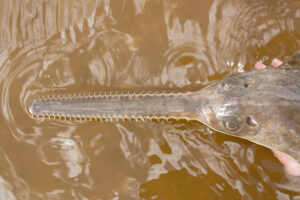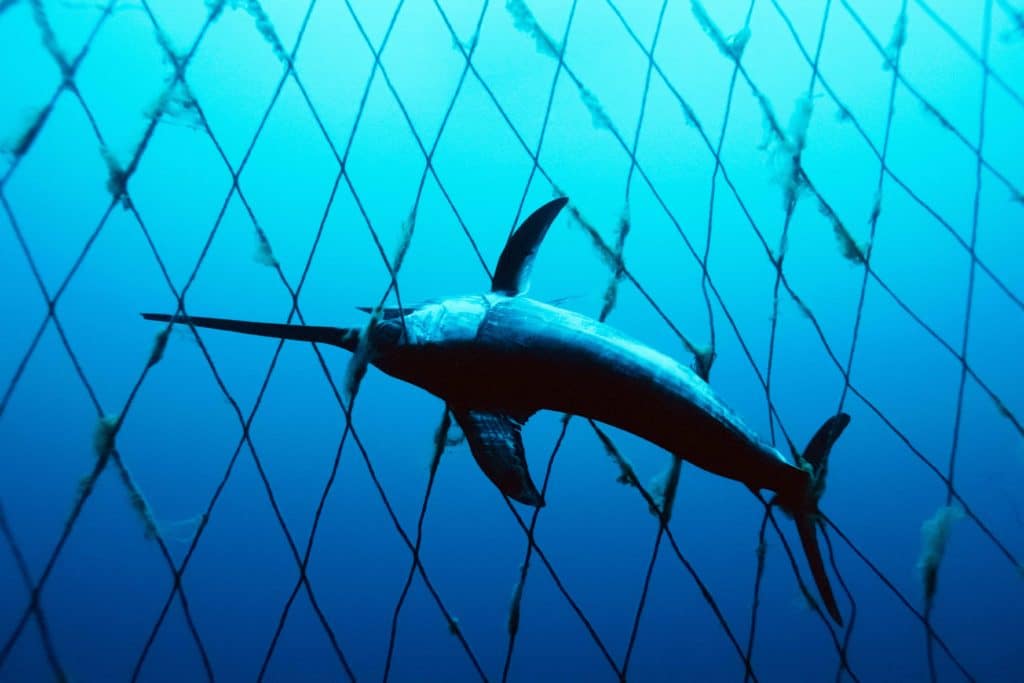
I’ll be right up front: I’m not a fan of legislative riders, where an issue unrelated to the major piece of legislation gets attached as a way of getting it passed. It is my feeling that the issue ought to be discussed on its own merits and voted on.
But when a piece of legislation has been passed on a bipartisan basis and then vetoed for political reasons, I’ll bite my tongue when it appears as a rider. This is when the old nautical expression of “any port in a storm” kicks in.
That is what happened just before Christmas in 2022. Congress passed the Omnibus federal spending package and included in it was the Driftnet Modernization and Bycatch Reduction Act. This will be beneficial to resources important to the recreational fishing community. During the previous Congress, the same legislation was passed by folks on both sides of the aisle, but then it was vetoed on January 1, 2021 by President Trump as he headed for the exit.
A Tangled Web
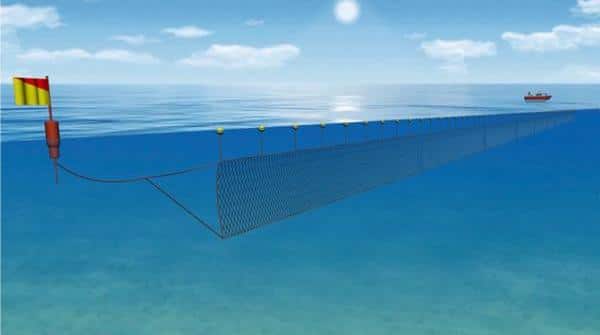
This legislation was and is supported by a wide range of organizations interested in the health of our oceans and the variety of fish and animals that live there. The effort to get this passed was an example of how effective recreational and environmental non-governmental organizations (ENGO’s) can be when they work together on important issues.
Bill Shedd, Chairman of AFTCO, spent a lot of time, before congress with the American Sportfishing Association (ASA) and also helping to coordinate the California sportfishing efforts of CCA Cal with the national work of the ASA. “Major credit for the success of this national gillnet legislation goes to ASA and several ENGO’s along with Senator Feinstein and her staff, as well as Lora Snyder, Democratic staff director for the House Natural Resources Committee. While it took a while to conclude, it was a great example of how the ENGO and fishing communities can work together for the benefit of the marine resource.”
Mike Leonard, VP of Government Affairs for ASA, also spent countless hours working on this legislative effort. Like many, he did not give up when it was vetoed by the President in 2021. He expressed his thoughts on the process, “After uncountable hours of hard work and unexpected hurdles, it is gratifying to see the Driftnet Modernization and Bycatch Reduction Act has been enacted. Eliminating large mesh drift gillnets, which have been banned everywhere else in the U.S. but off the California coast, is certainly overdue and will mean significant benefits to West coast fisheries and the communities they support.”
Reduction in Gillnet Use and Increased Halibut Opportunities
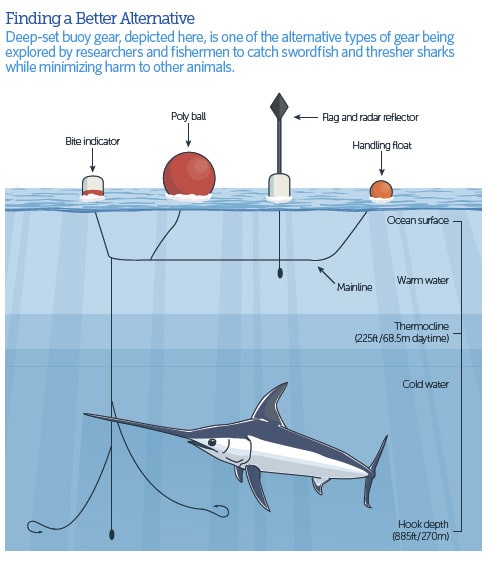
This act will phase out the use of large-mesh drift gillnets over five years and help commercial fishermen transition toward the use of more sustainable and economically viable methods, such as deep-set buoy gear. Since these drift gill nets are usually set for overnight soaks, they can catch a lot more than just swordfish. They catch a variety of highly migratory species, such as marlins, tuna and sharks, most of which is discarded dead. They also catch endangered species such as turtles and whales. Minimizing or eliminating all of this bycatch will be a real plus for California sport anglers.
Another section of this bill will also benefit recreational anglers in parts of Alaska. This action authorizes the recreational halibut fisheries in certain areas to purchase halibut quota under the Recreational Quota Entity program. It also establishes the authority to collect fees for the catching of the quota. This regulatory change was fairly widely supported in Alaska.
So, as we enter 2023, there was some good news for the recreational angling community. It still seems odd to me that fish and money matters make good bedfellows. But back when this great country was founded, fish were an important commodity and, in some cases, acted very much like money. It is a plus for the resource and recreational fishing community, so we’ll gladly take it.
This also demonstrates that sportfishing interests and ENGO’s in most cases want the same end game. Even if we take different ways to get there. Let’s see what happens as 2023 gets a little older.


